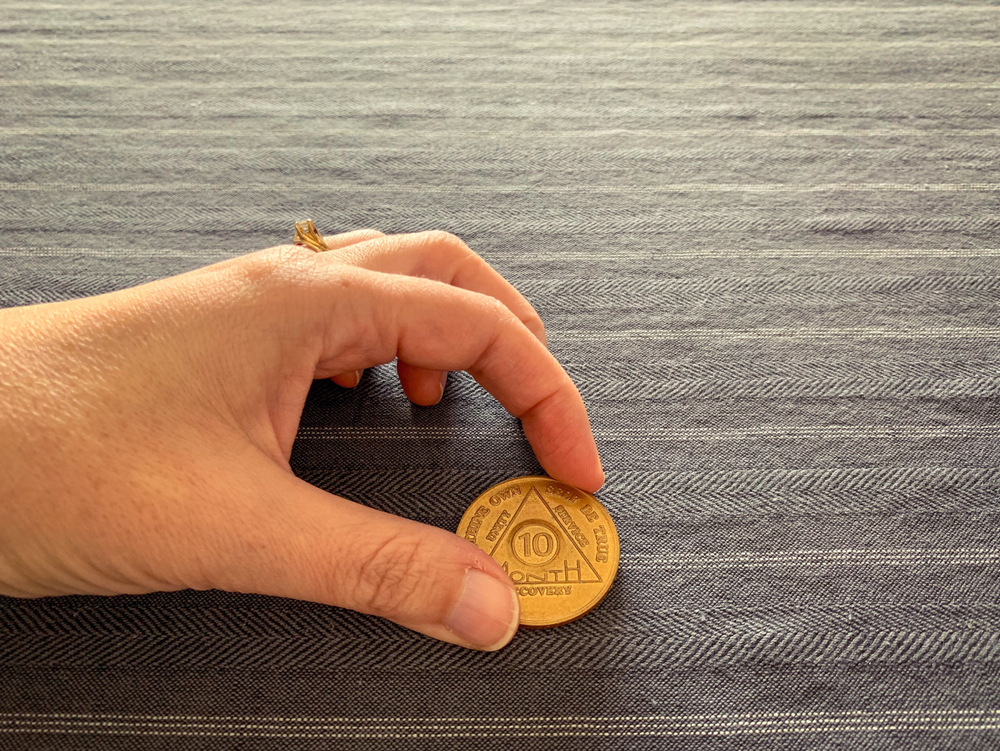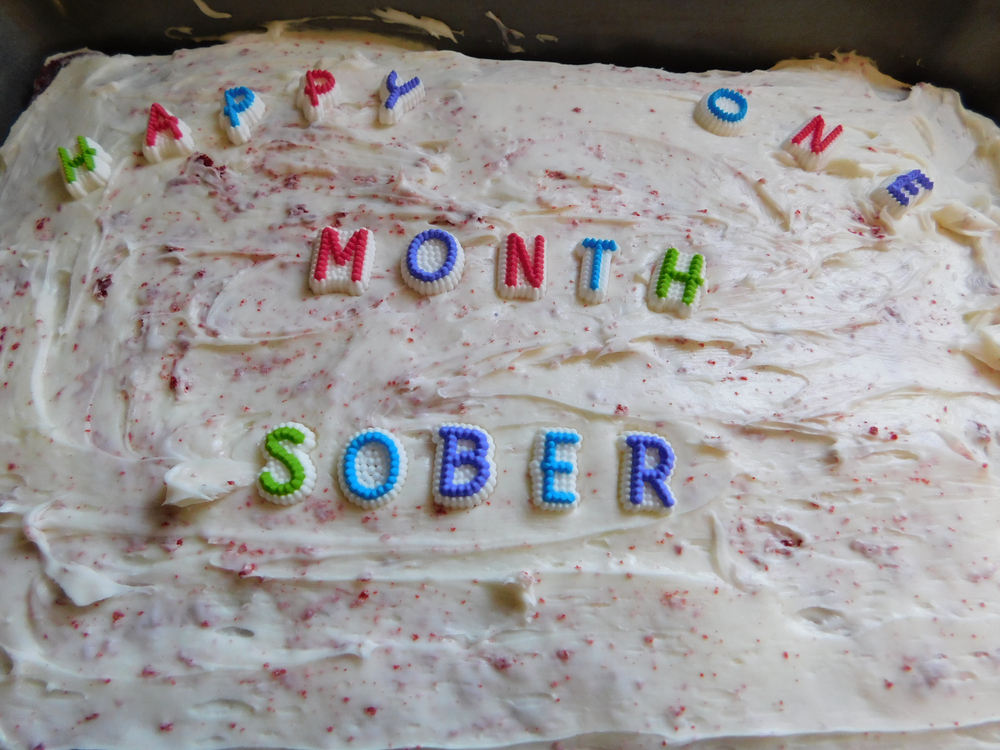Addiction Treatment Aftercare: Staying Sober After Rehab
Completing drug rehab is a big milestone in the recovery journey, but it is not the last step. Once you reach the stage of sustained recovery, you will most likely continue your work outside of rehab in an aftercare program.

What Is Drug Rehab Aftercare?
Recovery can take place over several years and is generally broken down into three stages:
- Early recovery stage: Maintenance of abstinence and prevention of relapse
- Sustained recovery stage: Increasing life stability and attaining goals
- Stable recovery stage: Improving skills, growth, and development
Typically, drug rehab aftercare will begin when you are in stage two and are leaving the rehab facility. Your rehab treatment team will most likely work with you before you leave the facility to create a personalized aftercare plan to continue your recovery.

What Is a Drug Rehab Aftercare Plan?
Drug rehab aftercare plans vary widely from person to person, depending on your individual needs. It may include some of the following:
- Ongoing therapy appointments
- Medical check-ups
- Attending 12-step meetings or other support groups
- Telephone check-ins with a sponsor or healthcare employee
- Establishing a family and/or peer support system
- Relapse prevention plan
An aftercare plan aims to ensure your recovery journey continues as you leave rehab and re-enter your normal daily activities.
What Are Important Components of Continuing Care After Rehab?
Your aftercare plan will be tailored to your needs and can include relapse prevention, support groups, and mental health therapy.
Relapse Prevention
There are varying approaches to creating a relapse prevention plan, but one approach outlines nine basic principles that guide the process:
- Self-regulation: Accomplished by establishing physical, psychological, and social stabilization
- Integration: Utilizing the technique of self-assessment
- Understanding: Gaining more knowledge about relapse
- Self-knowledge: Identifying your relapse warning signs
- Coping skills: Establishing a system of warning-sign management
- Change: Identifying recovery activities
- Awareness: Learning inventory training
- Support: Involving others in your recovery process
- Maintenance: Establishing a comprehensive follow-up plan
Signs of Relapse
As with all chronic medical illnesses, relapse is an expected result if you stop following your treatment plan. Studies show that it can take up to five years beyond initial recovery for the risk of relapse to be lower than 15%. Signs of relapse may include:
- Isolating from family and friends
- Not attending 12-step meetings or therapy sessions
- Changes in sleeping or eating habits
- Cravings for the substance they used before rehab
- Remembering or talking about past drug experiences with positive feelings
Support Groups

Peer support groups are another important component of drug rehab aftercare. Peer support is when you and others with similar conditions or circumstances give nonprofessional help to one another, such as sharing experiences in addiction and coping strategies.
Struggling with a substance use disorder can feel isolating, but you don’t have to go through recovery alone. Support groups offer a supportive environment to connect with people in recovery across the United States. Through group meetings and shared experiences, you’ll gain valuable coping skills for your recovery process.
Some of the most common support groups are 12-step groups. These usually incorporate spirituality into their programs and follow similarly written recovery steps. Some of the most common 12-step groups are:
There are alternatives if you do not want to include spiritual aspects in your recovery process. Several other peer support groups exist to offer similar therapeutic value but without spirituality. Some of these groups are:
- Harm Reduction, Abstinence, and Moderation Support (HAMS)
- Self-Management and Recovery Training (SMART)
- Secular Organizations for Sobriety (SOS)
- LifeRing
An upside of support groups is the level of flexibility. You can find and attend nearby meetings while still living at home and maintaining your living environment. Meetings can be found almost anywhere in the U.S., and there are even online meetings and teletherapy options available.
Mental Health Therapy
Therapy and counseling is also essential to your aftercare. Regular meetings with a professional therapist will most likely be a part of your ongoing recovery plan.
Some of the therapeutic interventions you may experience include:
- Cognitive-behavioral therapy (CBT)
- Motivational Interviewing
- Contingency Management
- Family Therapy
- Group Therapy
Types of Drug Rehab Aftercare Programs
Support groups and individual counseling are not the only programs you will find offering aftercare.

Alumni Programs
Your rehab center may offer an alumni program for anyone who has been through their rehab process. These programs may offer:
- Access to support groups
- Social gatherings for all alumni
- Volunteer opportunities to give back to the community
- Educational resources
Sober Living and Transitional Housing
The government funds transitional housing and offers a low-cost option for those leaving rehab who are not ready to live on their own just yet. Sober living programs are similar, except they are privately funded and sometimes offer more privacy in the living situation.
These programs often do not provide therapy or support groups for aftercare but instead, help you stay accountable to your aftercare plan while remaining sober.
Psychoeducation
Psychoeducation is a technical term that means your treatment team will help you and your loved ones better understand your condition. They will provide helpful coping tools and information that hopefully remove stigma and shame as you work through your treatment plan.
Medical Care
Your treatment team will assess your need for medication in rehab and ensure you continue to have proper follow-up medical care after you leave. Medications exist for many mental health conditions, such as anxiety, depression, bipolar disorder, schizophrenia, OCD, ADD, and ADHD, that can aid in your recovery process.
What Do Addiction Treatment Aftercare Programs Cost?
The costs of drug rehab aftercare will vary based on how often you have follow-up appointments and where you go for these treatments. A recent study found that the average monthly cost for continuing care was around $221.43 per month for those receiving primary care, substance use disorder treatment, and psychiatric care.
If you are concerned about the out-of-pocket costs for aftercare, you may have some other options as well:
- Many insurance policies cover some or all of aftercare services.
- Some rehab centers offer scholarships or grants for those who cannot afford services.
- Payment plans are also an option for many patients.
Help Is Available
If you, or someone you love, needs help, call 800-908-4823 (Sponsored) to learn more about drug rehab facilities and aftercare programs near you.
Resources
- Melemis, S.M. (2015). Relapse Prevention and the Five Rules of Recovery. Yale Journal of Biology and Medicine, 88(3), 325-332.
- Smith, Margaret (2020). A Comprehensive Guide to Addiction Theory and Counseling Techniques.
- Surgeon General’s Report on Alcohol, Drugs and Health. Chapter 5 Recovery: The Many Paths to Wellness.
- Tracy, K., & Wallace, S. P. (2016). Benefits of peer support groups in the treatment of addiction.Substance abuse and rehabilitation, 7, 143-154.
- Parthasarathy, S., Chi, F. W., Mertens, J. R., & Weisner, C. (2012). The role of continuing care on 9-year cost trajectories of patients with intakes into an outpatient alcohol and drug treatment program. Medical Care, 50(6), 540-546.
More Treatment Options

Acamprosate
Acamprosate for Alcoholism: How It Works, Side Effects, and Rehab Use 29 million Americans struggle with alcohol use disorder (AUD), the …

Suboxone
Suboxone — How It Works and Its Role In Addiction Recovery According to statistics from the Centers for Disease Control …

Buprenorphine
How Buprenorphine Helps Treat Opioid Addiction The thought of recovery may seem like an impossible challenge for individuals struggling with …